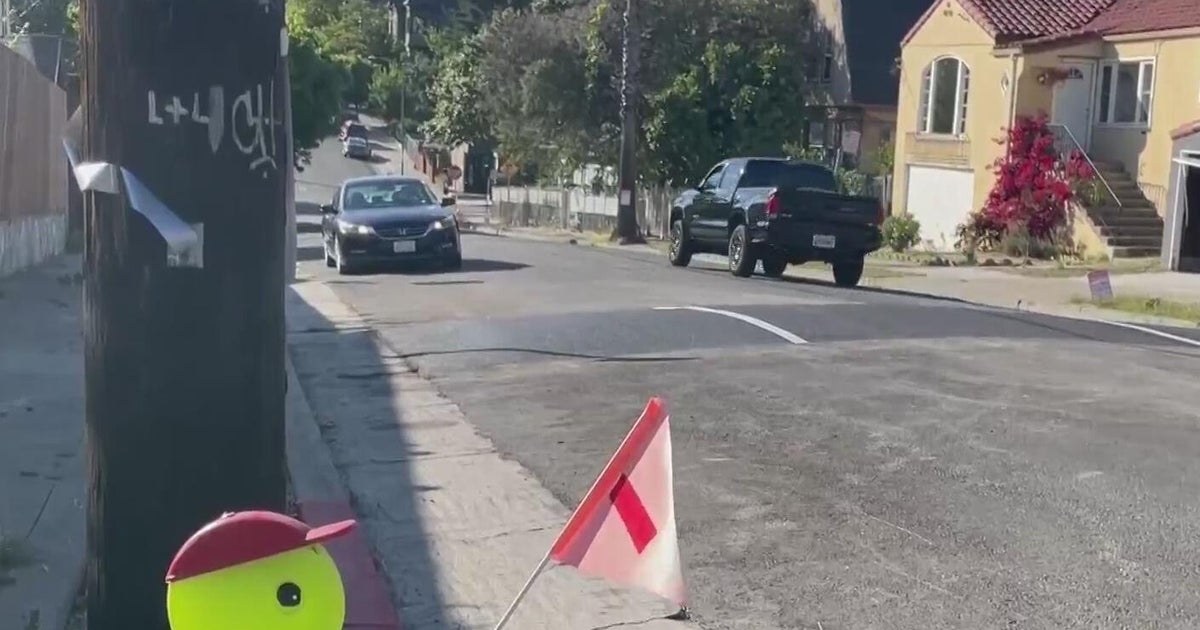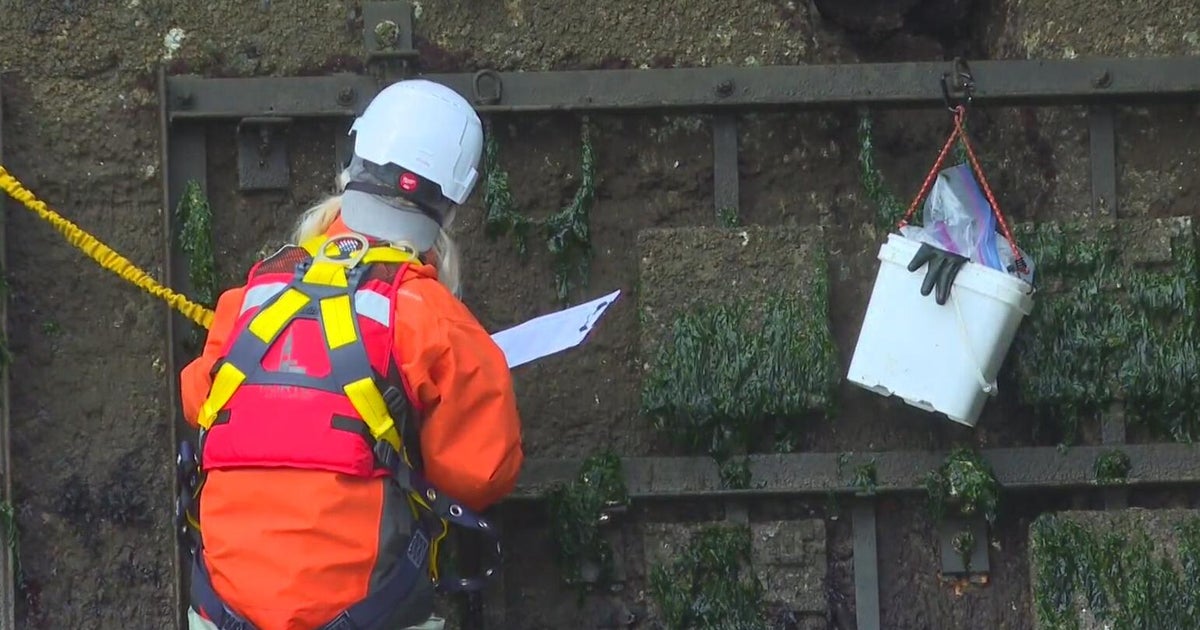History Of Redlining, Predatory Lending, Systemic Racism Impacts Black Home Ownership In Bay Area
OAKLAND (KPIX 5) -- Vanessa Bulnes says if you don't think racism in housing still exists, you need to swing by her neighborhood.
"Get in your car and take a ride, just ride down East 14th and go into East Oakland," Bulnes said.
She's a renter now but used to own a home on 104th street nearby.
"We were robbed of the memories that we had in our house. My oldest son went off to college from that house. My daughter was born in that house, my middle son, he graduated from high school in that house," she said.
During the mortgage crisis of 2008, her husband had a stroke. He stopped working which cut their family income in half. While applying for a loan modification Bulnes then fell victim to predatory lenders. She's one of 35 homeowners in her neighborhood to lose their home to foreclosure that same year.
"It was nationwide, we were literally losing the opportunity to pass wealth on to our children."
Bulnes ran a daycare at their first home and continued that business in their new place until she found high levels of lead in the soil.
"So I didn't want to take any chances, you know, kids and lead, it's not a good mix," Bulnes said.
She qualified for assistance to have the lead removed through Alameda county but she needed approval from her landlord to get the work done, she says the property owners never responded to her requests to get the work done, that lack of response eventually forced her to shutter her business.
"So no kids means no income, no income is no money to pay rent," she said tearfully.
That loss put her family at risk yet again.
"Once we got behind on that rent, then, of course, came the unlawful detainer notice on the door, we were candidates for eviction," she said.
"Housing is really the linchpin of structural racism or what some people call systemic racism," said Stephen Menendian, Director of Research at the Othering & Belonging Institute at UC Berkeley.
Menendian's organization studies structural racism in housing. He says Bulnes' experience is typical for many African American families.
During the mortgage crisis, Black families were 70% more likely to be targeted by predatory lenders than white families.
Many of those homes were located on land with a history of redlining. Redlining is a practice from the 1930s that prevented Black families from buying homes in certain neighborhoods and qualifying for home loans.
"It's a cumulative system that ultimately adds up to a pretty severe persistent pattern of racial, residential segregation and disparate life outcomes in the Bay Area," Menendian said.
These same neighborhoods are often built on toxic land. According to Alameda County public records, East Oakland has some of the highest numbers of lead poisoning cases in the country.
Seven percent of children under six have tested positive for high levels of lead in their blood in Bulnes' neighborhood.
"Growing up in a predominantly Black, segregated neighborhood impacts your health outcomes tremendously. In fact, we saw four or five years of life expectancy are taken away just from living in a segregated neighborhood," Menendian said.
Bulnes' church gave her the money she needed to avoid eviction, but she's still worried about displacement. Oakland has lost 30 percent of its Black population due to rising rents since 2000.
"So what happens is that you have segregated communities of yesteryear becoming the gentrified communities up today," Menendian said.
Bulnes worries her family could be forced out next.
"I'm still a tenant. So, no, I don't feel like I have housing security, housing security to me is when you own your own home and since we don't own this home, I don't feel like we have housing security," she said.
Housing advocates worry a series of evictions are waiting for families who cannot pay rent due to job loss during the pandemic, that's yet another hardship expected to disproportionately affect the Black population nationwide.
San Francisco is working to make eviction protections put in place during the pandemic permanent, Oakland already has. Now Assemblymember David Chiu is pushing to extend that statewide, his bill AB 1436 passed the state Assembly and is currently in the Senate for review.



